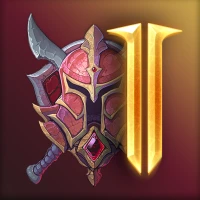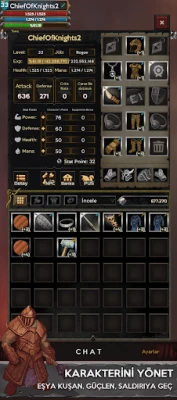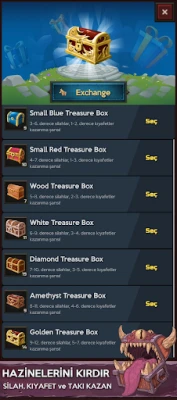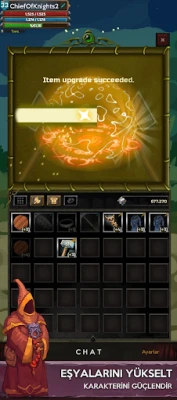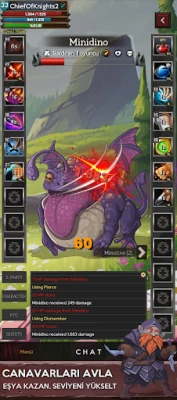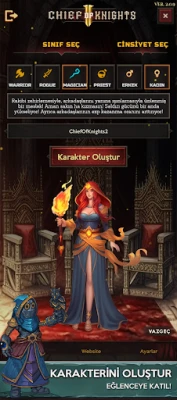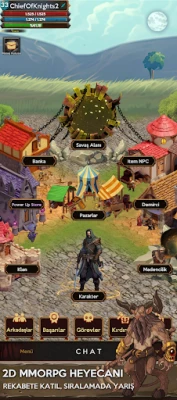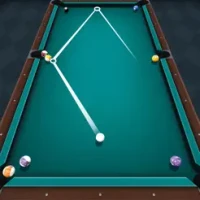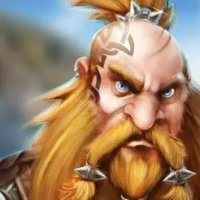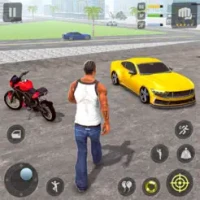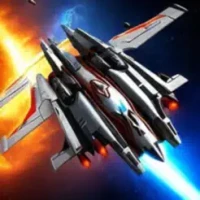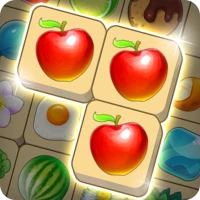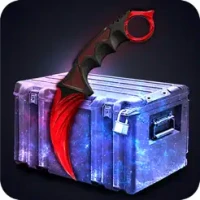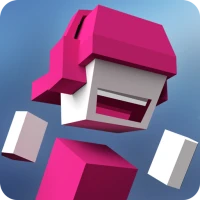
Latest Version
2.0.51
August 14, 2025
qbiSoft
Games
Android
0
Free
com.qbisoft.chiefofknights2
Report a Problem
More About Chief of Knights 2 - 2D MMORPG
Ultimate Guide to Character Classes, Skills, and Systems in RPG Games
In the realm of RPG games, players immerse themselves in a world filled with unique characters, intricate systems, and thrilling adventures. This guide delves into the essential elements that define character creation, class distinctions, and gameplay mechanics, ensuring you have a comprehensive understanding of what makes these games captivating.
Character Attributes
Each character in an RPG possesses distinct attributes that define their identity and capabilities. These attributes include:
- Name: Every character has a unique name that reflects their persona.
- Level: This indicates the character's experience and power.
- Class: The character's role in the game, which influences their abilities.
- Attack Power: The strength of the character's offensive capabilities.
- Defense: The character's ability to withstand attacks.
- Critical Hit Chance: The probability of landing a powerful attack.
- Poison Resistance: The character's ability to resist poison effects.
- Status Points: Points that can be allocated to enhance various attributes.
Character Classes
RPGs typically feature four primary classes, each with unique skills and abilities:
- Warrior: Known for their high defense and ability to absorb damage, warriors excel in close combat.
- Rogue: Masters of stealth and agility, rogues can enhance their attack power and deal significant damage quickly.
- mage: Skilled in magic, mages can cast powerful spells that affect both enemies and allies.
- Priest: Support characters who can heal and buff their teammates, ensuring the party's survival.
Account Creation and Character Slots
Players can create accounts exclusively through Google, allowing for a seamless login experience. Each account can host up to four unique characters, enabling players to explore different classes and playstyles.
Monster Hunting Mechanics
The game world is rich with diverse regions, each inhabited by unique monsters. Key features of these monsters include:
- Attack Power: The strength of the monster's attacks.
- Attack Speed: How quickly the monster can strike.
- Defense: The monster's ability to resist damage.
- Special Abilities: Unique skills that monsters can use during combat.
- Spawn Time: The time it takes for monsters to reappear after being defeated.
Additionally, players can earn valuable loot, in-game currency, and experience points from defeating monsters, which contribute to leveling up their characters.
Character Skills and Abilities
Each character class comes with specialized attack and enhancement skills. Some attack skills may have a chance to miss, while enhancement skills can benefit both the character and their party members. For instance:
- A mage can gather all party members to unleash a powerful spell on a single target.
- A priest can heal all party members, ensuring their survival in tough battles.
Item System
Items play a crucial role in enhancing gameplay. Each item has specific attributes, including:
- Type: The category of the item (e.g., weapon, armor).
- Attack Power: The damage the item can inflict.
- Defense: The protection it offers.
- Health and Mana: The amount of health and mana restored or increased.
- Status Points: Points that can enhance character attributes.
- Usage Restrictions: Certain items can only be equipped by specific classes and require a minimum level.
Quest System
Quests are divided into two main categories: monster hunting and item collection. Each quest features:
- Repetition Type: Quests can be one-time, daily, weekly, monthly, or unlimited.
- Required Level: The level needed to undertake the quest.
- Region Information: Details about where the quest takes place.
- Rewards: The benefits gained upon completion.
Marketplace System
Players can sell their acquired items to others in the marketplace. Additionally, they can establish their own marketplace for purchasing items, fostering a vibrant economy within the game.
Trading System
Players can engage in item trading with one another, allowing for exchanges of up to nine items at a time. During trades, players can also transfer in-game currency, enhancing collaboration and strategy.
Box Breaking System
Some items can be broken down into components, each with its own drop rate. This system adds an element of surprise and excitement, as players never know what they might receive.
Banking System
The banking system allows players to store their items and in-game currency securely. All stored items and currency can be accessed by any character linked to the same account, providing convenience and flexibility.
Chat System
The game features a robust chat system, including:
- General Chat: For all players to communicate.
- Private Messaging: For one-on-one conversations.
- Clan Messages: For communication within clans.
- Party Messages: For coordinating with party members.
Blacksmith System
This pivotal system allows players to upgrade their weapons and armor from level one to ten, with a certain success rate. If an upgrade fails, the item is lost, adding a layer of risk to the process. Additionally, players can combine three identical accessories to create a higher-level accessory without the
Rate the App
User Reviews
Popular Apps









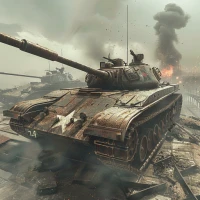
Editor's Choice










